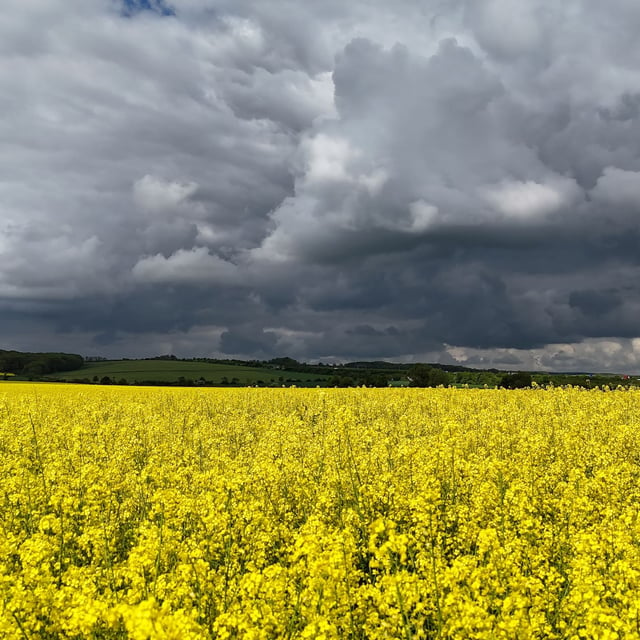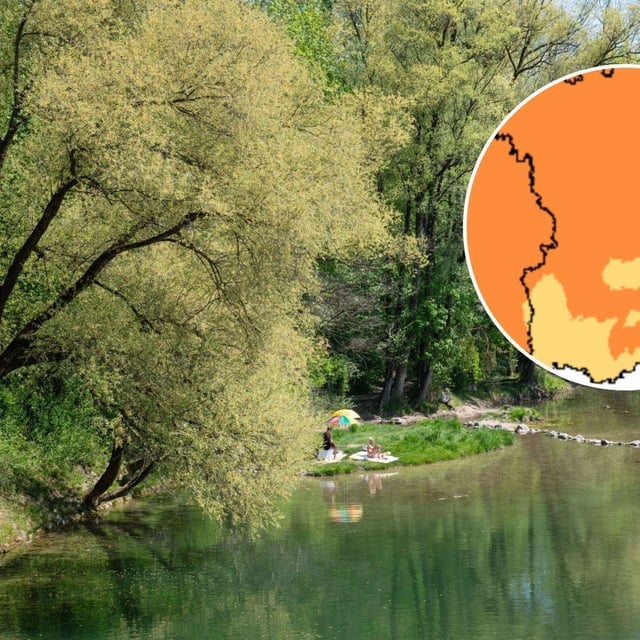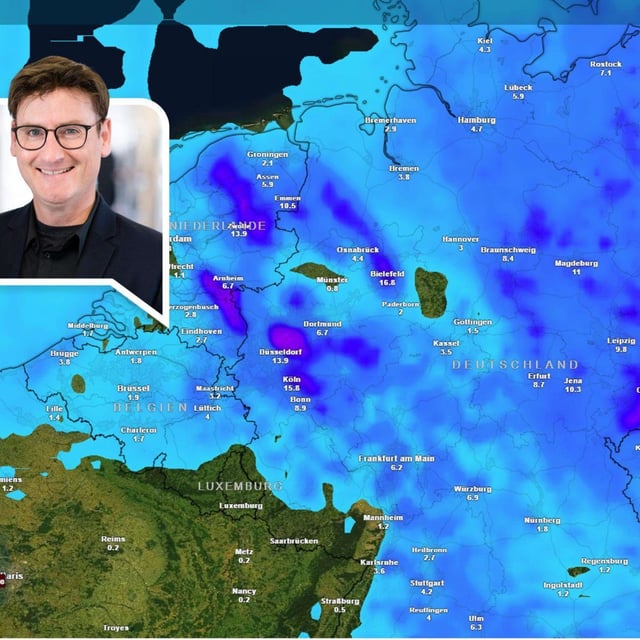Overview
- Germany is experiencing its driest spring since 1931, with significant soil moisture deficits threatening agriculture and increasing wildfire risks.
- A brief polar air surge has brought frost warnings, especially in low-lying and mountainous areas, but will not alleviate the ongoing drought.
- Health concerns are rising due to elevated ozone levels, high UV exposure, and severe pollen counts, particularly in regions like North Rhine-Westphalia.
- Meteorologists warn of an exceptionally hot summer ahead, with predictions indicating potential record-breaking temperatures similar to or exceeding 2003 levels.
- A developing low-pressure system over Poland could bring unsettled weather and rain by late May, offering a possible shift from the current dry conditions.



